A Guide to Reset, Rebuild, and Actually Get Better in 2026
Today's #TheWerk post is brought to you by Pedro Gomes (@pedrogomestri). As a professional triathlete, Pedro started ITU course racing in 2012 and has since garnered multiple IRONMAN distance titles. Today Pedro is a Phoenix, AZ based multi-sport coach who inspires athletes through mentorship programs, training camps, and endurance training/nutrition insights.
------------------------
The off-season is a misunderstood creature. Half the triathletes out there treat it like a license to hibernate under weighted blankets while eating every holiday cookie within a 12-mile radius. The other half claim they are “taking downtime” while secretly signing up for a January marathons - or even December! - and still wearing their HR strap around the house “just in case”. If you just raced IM Arizona - it’s final edition, so sad - you are standing at the start of the most important training block of the year: the one where you don’t really train. But done right, the off-season is not a break. It’s the architecture phase. The plans, the durability, the HORMONAL reset, the mitochondrial housekeeping, the brain detox from obsessing over watts and heart rate drift curves. This is where long-term athletes are made. Below I dig into how to actually approach the off-season like someone who wants to improve in 2026

First: The Biological Reality Check
For many athletes, IM Arizona is often their late-season race. That means you trained through summer heat, fall fatigue, and likely several micro existential crises. By the time you hit the finish chute in Tempe, your body is carrying residual stress you don’t feel until you stop. There are two key systems that need attention:
-
Hormonal system: training stress elevates cortisol and blunts anabolic hormones. You get away with it in-season because you keep moving. Off-season is when your endocrine system recalibrates. Low-stress movement, more sleep, and reduced intensity accelerate this reset. Ignore it, and you will take this hormonal dysfunction straight into your next build. Trust me here - not going to help.
-
Musculoskeletal system: your connective tissue is more fatigued than your muscles. Muscle recovers in days. Tendons, fascia, intervertebral discs, and the tiny stabilizers you forgot existed need weeks. This is why people usually get injured in January, not November.
The adaptation of connective tissue is slow because collagen turnover is slow. So if you think running a marathon “for fun” two weeks after IMAZ is a good idea, you are exactly the person this article is for. No judgement, I get the urge, I’ve been an athlete for over two decades too.

Two Weeks of Actual Recovery
Call it decompression, regeneration, or simply “stop pretending you are indestructible”. The first 10-14 days should look like:
-
Very easy aerobic sessions: short swims, ridiculously easy spins, walking or very easy runs that feel like you are running with a Dachshund - poor thing, has tiny legs, can’t run very fast. The goal is to increase circulation, reduce stiffness, and allow neuromuscular fatigue to clear without adding stress (notice the underline).
-
Mobility and tissue work foam: rolling, long-hold stretching, yoga, banded hip mobility, thoracic spine extension drills. None of this is sexy but all of this is essential.
-
Sleep: more of it if possible. Hopefully you have less evening stimulation (like no workouts and yes, less doom scrolling ironman.com for next year race calendar).
-
Nutrition: your appetite may still be in race-week mode. Eat well, eat enough, but shift away from constant gels and high-glycemic fueling. Normalize blood sugar, push protein intake, and hydrate like an adult all the time, not just when coach reminds you to hydrate!

Week 3-6 After-IM: The Rebuild Phase
This window is gold. You are not unfit, you are just “unsharpened”. Aerobically you are still strong, your CTL probably just needs a nap, and your brain wants purpose. But the goal now is durability, not fitness. Here’s how I’d schedule it (by order of importance for a triathlete):
-
Swim efficiency: drop the garbage yards. Drills, paddles, snorkel, buoy, form cues.
You get faster in the off-season by fixing inefficiencies, not by hammering 10 x 400 “to keep feel” - be smart, get lessons.. Or just someone to help you with it! -
Run technique and durability layering: short, frequent runs. Less volume per session, more sessions per week. This is where you fix everything you ignored: cadence, posture, hip extension, run-specific strength (or just general strength for optimal use of time, which I will talk about on the next point)
-
Bike torque and low cadence strength: big-gear, low-cadence work at low intensity improves neuromuscular recruitment and pedal efficiency without frying your endocrine system. Even five minutes seated at 55-65 rpm works more magic than most athletes want to admit

Strength Training: Where the Off-Season Makes CHAMPIONS
If there is one thing that separates athletes who improve year over year from those who simply maintain, it’s strength training executed properly in the off-season. For a few years, I feel like there has been a stigma against strength training for endurance athletes during the season - which is fair. And that’s precisely why now is the best time to do it. Ironman training volume compromises strength-training quality (and vice-versa). Heavy lifting requires freshness. The off-season is the only time your central nervous system (CNS) isn't cooked from 4-6 hour bike rides and your legs aren’t trashed from the Sunday long runs.
-
So… what to actually do?
Compound lifts, progressive overload, and consistent frequency. The cues are hinge, squat, push, pull, carry. The science is very clear: heavy strength work improves running economy, increases cycling power, and reduces injury risk. And no, the 3 lb pink dumbbells you have at home do not count as strength training unless your goal is elite-level paper-shuffling ability.

Address Limiters With Brutal Honesty
The off-season is when you confront the things you avoid all year: swim stroke inefficiency, run durability, bike pacing ability, body composition and nutrition, sleep habits, strength imbalances, our over-racing addiction and… the fear of rest. Avoiding your limiters just means you will meet them again at mile 80 of next year’s Ironman bike course, and they will not be polite about it.
Building a Smarter 2026 Plan
With freshness returning and structure slowly reintroduced, this is where the groundwork for next season is laid. Audit yourself: did you progress? Did you plateau? Did you get injured? Did you burn out? What habits actually helped? Which ones sabotaged you?
And then reset expectations: what is the realistic next step given your long-term vision? Faster time to get a KQ? First 70.3? Stronger swim? More consistent training blocks?
I always tell my athletes that a race schedule should be a mix between ‘what gets you out of bed in peak winter’ vs ‘how to get the best performance out of you’. For most triathletes, training phases should be longer and more deliberate, they should race a little less and be more patient. Racing well in April starts in early December. Racing well in June starts probably in January. But I get it, most of us need a short term carrot to chase. Yet, leave the January races to athletes who live for T-shirts, not performance. Even February is a bit too early, but at least its not January!

The Psychology of the Off-Season
This is when you discover how healthy your relationship with the sport really is. If you panic without the “train-hard” structure, you need to work on autonomy. If you can’t rest, you need to learn restraint.If you’re afraid of losing fitness, you need to understand how long-term athletic development works. If you feel relief at not training, you might need to recalibrate your season expectations entirely. Nothing grows in a garden you never weed.
Coach P Final Thoughts And Practical Tools/Tips
The off-season isn’t a pause. It’s a pivot. The most successful long-course athletes aren’t the ones who train the hardest in May, they are the ones who treat November and December with intention.If you just finished an Ironman or a 70.3, your body has done something extraordinary. Now give it the chance to rebuild into the version of you that will perform even better next year.
This is where the next breakthrough starts.
A few practical tools/tips for the off season: limit caffeine for a few weeks to reset sensitivity, if you are like me and by November need three coffees just to wake up, this is your opportunity to reset a bit; do your mobility, 10-15 min every day or every other day is not going to take much out of your day and will prevent body from stiffen up with the less exercise; at least one swim per week with purpose - think of your stroke, every single stroke; avoid hard group training - sure, take the opportunity to join a few mates for a coffee ride. If the ride to the coffee shop isn’t best sustainable effort!! And finally, yes, you can think of goals for 2026, but don’t let goals set you!

About Pedro Gomes
Pedro Gomes is a professional triathlete, full time endurance coach, and head of PG Triathlon Coaching. With over 20 years competing at the elite level, Pedro is best known for his wins at Ironman Sweden and Ironman Vitoria-Gasteiz, multiple top-10 finishes at Ironman Pro events, and a career built on durability, consistency, and borderline obsessive attention to detail.
As a coach, Pedro brings a science-driven, data-literate approach grounded in his certifications with USA Triathlon, USA Cycling, Road Runners Club of America, TrainingPeaks, and Ironman U, along with deep knowledge in strength programming, metabolic testing, and long-course race preparation. He has coached athletes of all levels to breakthroughs in Ironman, 70.3, marathons, and ultra-endurance races, blending real-world racing experience with evidence-based training principles.
Pedro splits his year between training, racing, athlete development, and building PG Squad - a performance-minded but community-focused team for motivated triathletes.
For more information, please follow @pedrogomestri, see https://tricoachingservices.com/, or email him at pedro@triacoachingservices.com.
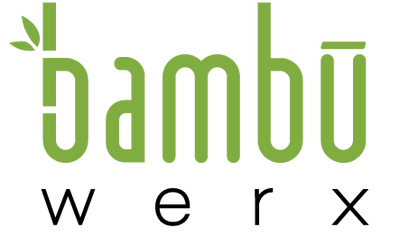
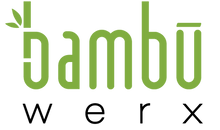
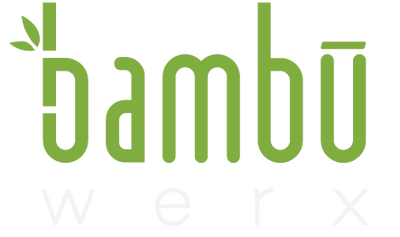
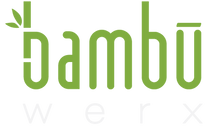

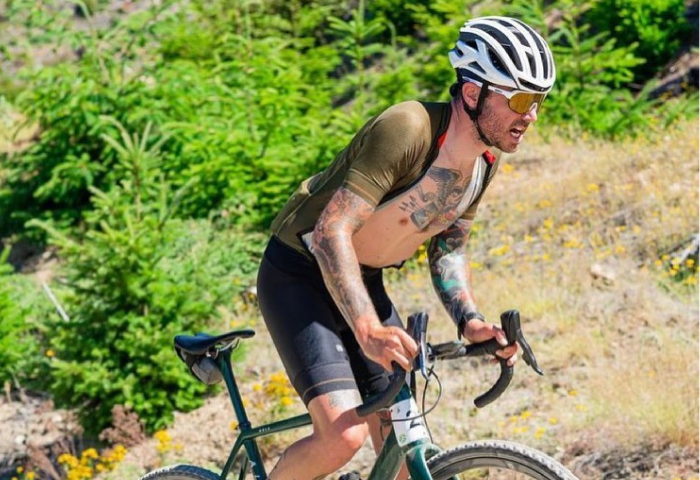
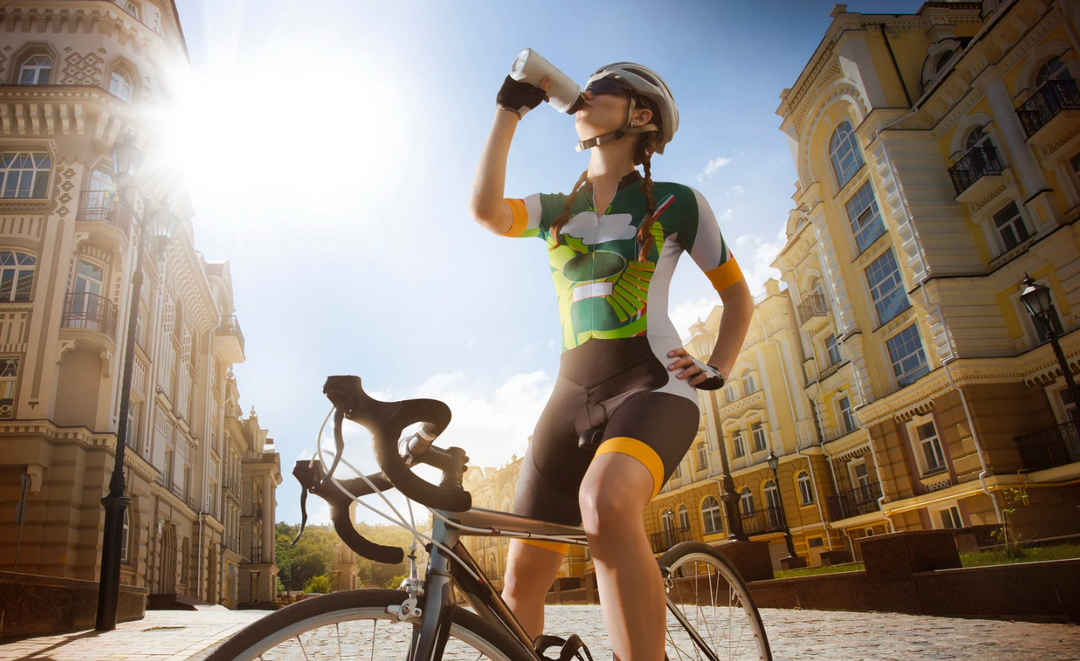
Leave a comment